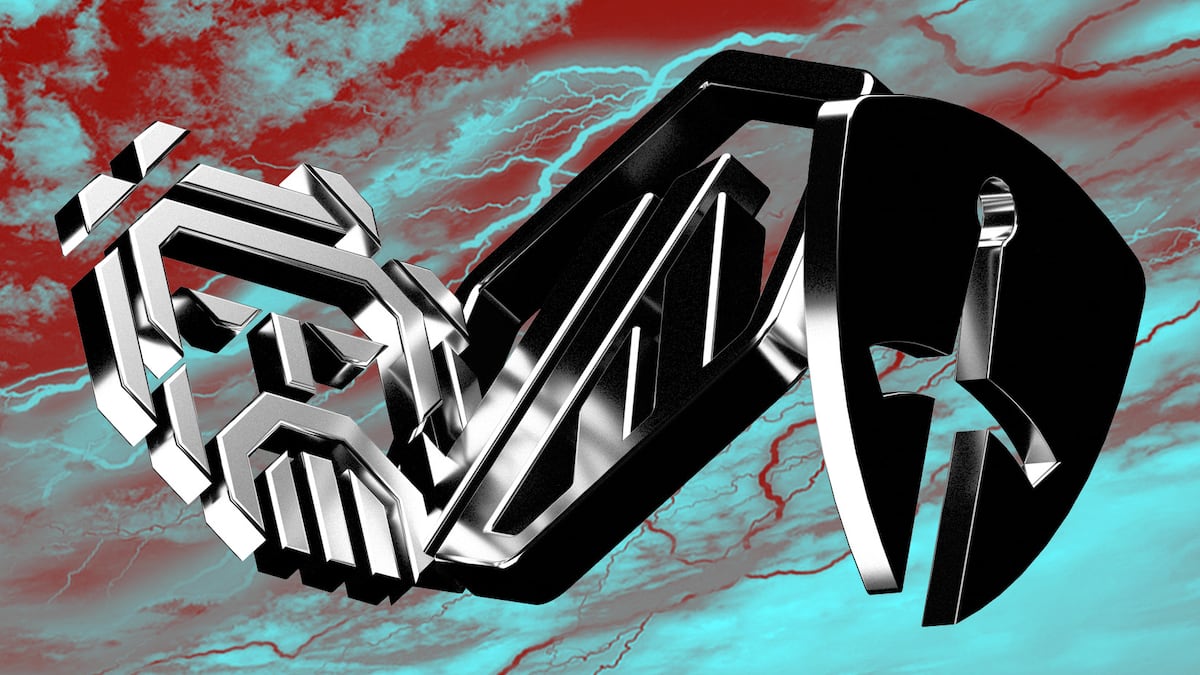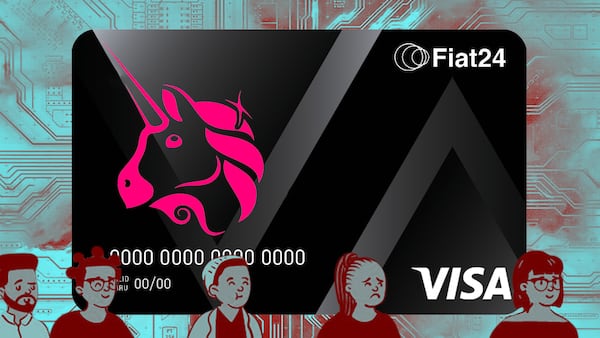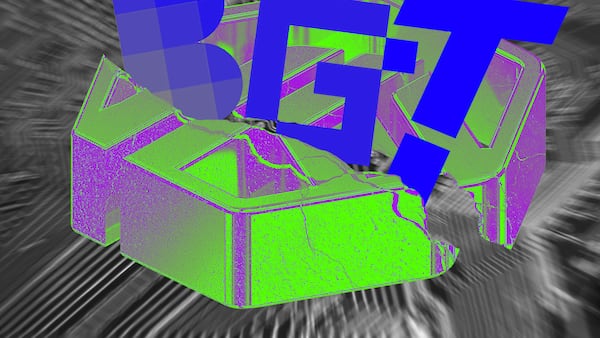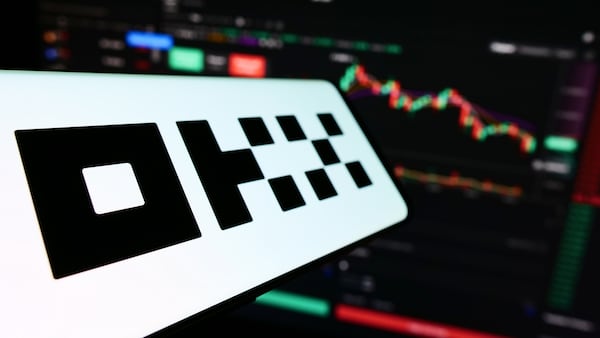- A proposal to implement ARB token staking has split opinion.
- Supporters of the proposal say it has been misinterpreted.
- Arbitrum sequencer revenue has been suggested as one way to improve a potential ARB staking system.
Fierce debate has ignited after an Arbitrum DAO proposal that explored the implementation of ARB token staking passed a vote earlier this month.
Detractors say the staking system outlined in the proposal, which would distribute ARB from the DAO treasury to those who lock up their tokens, misses the mark.
Such a staking-in-name-only system — where staked tokens do not contribute to the security of a blockchain — merely rewards ARB holders for not selling their tokens, provides the DAO no competitive advantage, and is unsustainable, critics say.
Among the most vocal critics of the so-called Snapshot proposal is crypto veteran Jordan Fish, better known online as Cobie.
“Fake staking programmes that don’t do anything are completely pointless, adding complexity and risks for no benefit at all,” he said in a post on X.
But representatives of those who voted yes told DL News that it has been misinterpreted.
“Most people don’t understand the ARB gov process and assume that the Snapshot would actually activate ARB staking, which isn’t the case,” Iron Boots, the pseudonymous co-founder of Arbitrium exchange Camelot, told DL News. “Voting for this Snapshot simply meant, ‘We want to explore the idea.’”
Camelot voted yes on the staking proposal with 8.6 million ARB tokens.
‘No long-term value’
The proposal gave token holders the choice to vote on how many of the DAO’s ARB tokens should be distributed via a new staking system.
After a week of voting, the option to allocate 100 million ARB won out with 67% of the vote, and the option to reject the proposal came second with 33%.
Opponents of the proposal have been persistent in their criticism ever since.
“It provides no long-term value to the Arbitrum ecosystem,” David Mihal, an Arbitrum delegate who voted against the proposal with 6.9 million tokens, told DL News.
Mihal explained that the proposed staking system, in effect, pays ARB holders not to sell their tokens and is long-term dilutive while providing little benefit to the DAO.
“Any ARB staking should only occur once that staking can provide tangible value,” Mihal said.
The staking proposal’s author, DeFi protocol PlutusDAO, says it takes such criticism onboard.
“We’ve undergone deep discussions with the community and delegates to get feedback on the proposal after it passed,” Mesky, a pseudonymous PlutusDAO team member in charge of marketing and communications, told DL News.
“There’s a clear trend that folks want to explore the mechanism and potential utility further so we’ve taken that to heart,” Mesky said.
PlutusDAO is an Arbitrum governance aggregator.
It works similarly to Convex Finance, providing boosted yields for holders of vote-escrow tokens in Arbitrum’s DeFi ecosystem.
Organic yield
One possible way to provide value to token holders while making a potential staking system more sustainable is by sourcing rewards from revenue within the Arbitrum ecosystem instead of from a finite pool of treasury tokens.
“There needs to be a mechanism for organic yield to justify staking,” Max Lomuscio, an Arbitrum DAO delegate with 4.2 million tokens, told DL News.
“Otherwise it’s just dilution, and we have seen from previous market cycles that is not the best option.”
Lomuscio said that he voted no on the staking proposal because he believes that the DAO should focus on mapping where staking yields will come from before activating staking.
To this end, Mesky said PlutusDAO has created a working group with other builders across Arbitrum tol explore how it can approach the staking mechanism from a more utility-focused approach.
According to Iron Boots, one of the main areas of exploration is supplementing staking yields with revenue generated from Arbitrum’s sequencers.
But, he countered, such a system would require serious research and legal work before it can be considered.
“Fundamental changes to a token as large as ARB shouldn’t happen quickly or without serious effort to go through the proper process,” Iron Boots said.
A final implementation of ARB token staking, Mesky said, will be submitted for a DAO vote once it’s ready.
Tim Craig is DL News’ Edinburgh-based DeFi Correspondent. Reach out to him with tips at tim@dlnews.com.









